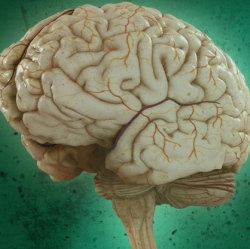
In the not too distant future, your family doctor’s first line of treatment for minor illnesses such as migraine and irritable bowel syndrome may well be snake oil. Prescribing a placebo, or sugar pill, is a stealthy way to raise a patient’s expectations of getting better.
But according to new research, the therapeutic effects of a placebo are so powerful that an inert pill has a good chance of reducing symptoms – even if patients know they are taking a dummy pill.
Harvard researcher Dr. Ted Kaptchuk made this counterintuitive conclusion in a study published last week in Science Translational Medicine. Kaptchuk and colleagues found that the placebo effect greatly enhanced pain relief in migraine sufferers who had the expectation they were getting an effective drug, compared to when they took the active drug with the incorrect label “placebo.” More surprising, however, is that the patients reported significant pain relief, compared to an untreated migraine attack, even when they knew they had swallowed nothing more than a sugar pill.
Kaptchuk is director of the Program in Placebo Studies and the Therapeutic Encounter at Harvard, and his findings suggest new ways of harnessing the placebo effect. But in practice, giving an unwitting patient a sugar pill is widely regarded as unscrupulous. Bioethicists have cautioned that the placebo effect is unreliable, and that the use of placebos violates patient trust, since it normally involves tricking a patient into receiving a sham drug or treatment.
